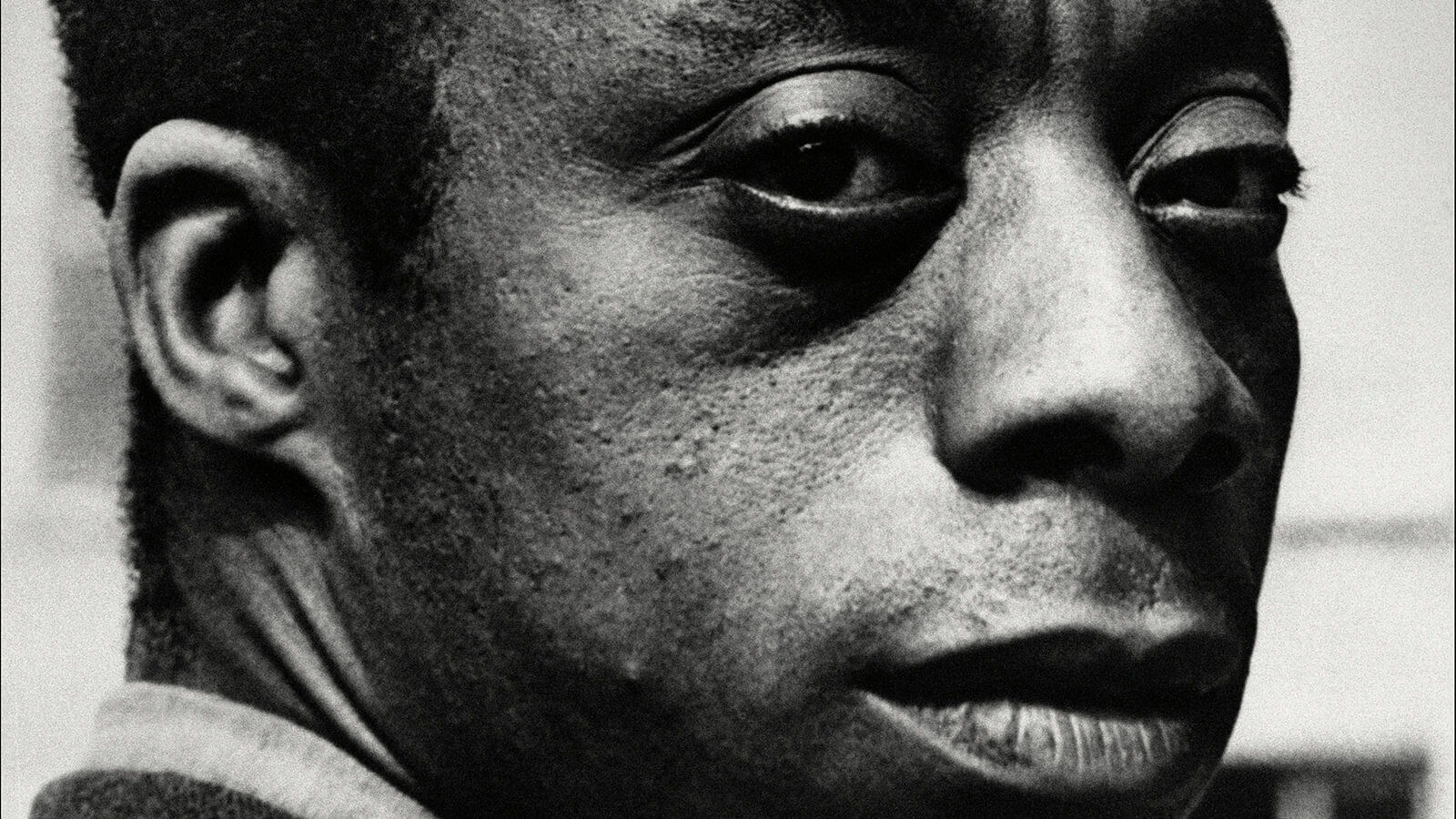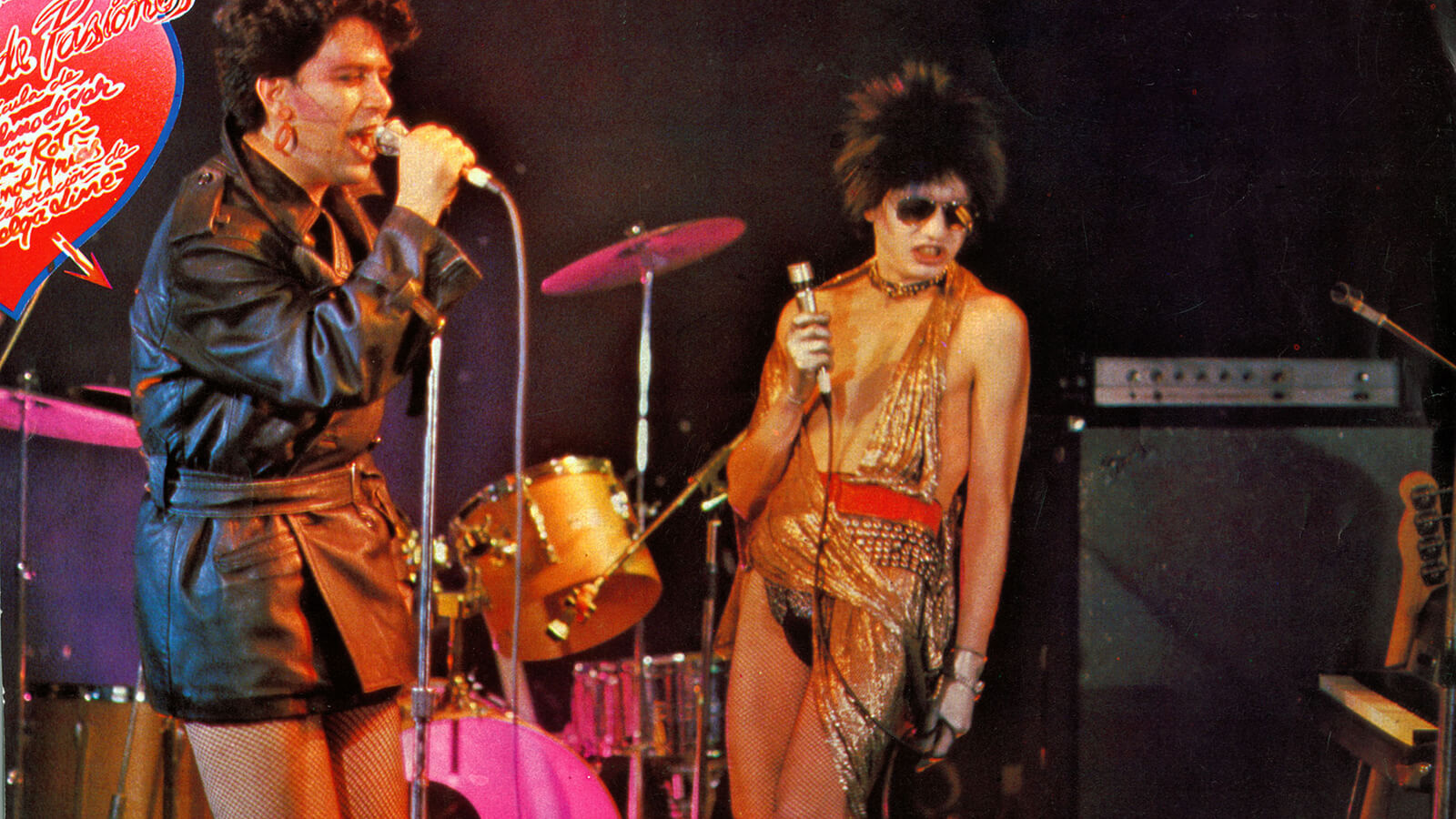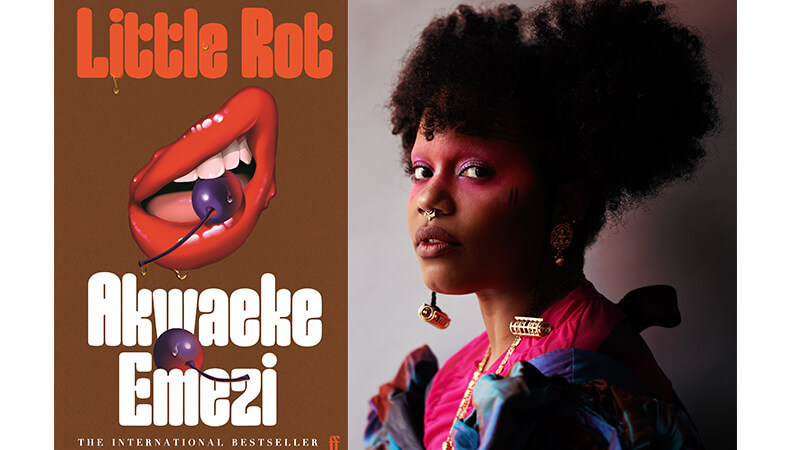Read: An Extract From No Name In The Street By James Baldwin
2024 marks the centenary of the birth of writer and civil rights activist James Baldwin, author of seminal books including Giovanni’s Room, The Fire Next Time and If Beale Street Could Talk. He is often lauded as one of the most influential writers of the 20th century. To mark the occasion, this month sees the release of his never-before-published-in-the-UK autobiographical work, No Name In The Street, featuring deeply personal reflections on the experiences that shaped him – from his childhood in Harlem to the deaths of Martin Luther King Jr and Malcolm X. Here, Service95 shares an extract…
That is a good idea,’ I heard my mother say. She was staring at a wad of black velvet, which she held in her hand, and she carefully placed this bit of cloth in a closet. We can guess how old I must have been from the fact that for years afterward I thought that an ‘idea’ was a piece of black velvet.
Much, much, much has been blotted out, coming back only lately in bewildering and untrustworthy flashes. I must have been about five, I should think, when I made my connection between ideas and velvet, but I may have been younger; this may have been the same year that my father had me circumcised, a terrifying event which I scarcely remember at all; or I may think I was five because I remember tugging at my mother’s skirts once and watching her face while she was telling someone else that she was twenty-seven.
This meant, for me, that she was virtually in the grave already, and I tugged a little harder at her skirts. I already knew, for some reason, or had given myself some reason to believe, that she had been twenty- two when I was born. And, though I can’t count today, I could count when I was little.
I was the only child in the house – or houses – for a while, a halcyon period which memory has quite repudiated; and if I remember myself as tugging at my mother’s skirts and staring up into her face, it was because I was so terrified of the man we called my father; who did not arrive on my scene, really, until I was more than two years old. I have written both too much and too little about this man, whom I did not understand till he was past understanding. In my first memory of him, he is standing in the kitchen, drying the dishes. My mother had dressed me to go out, she is taking me someplace, and it must be winter, because I am wearing, in my memory, one of those cloth hats with a kind of visor, which button under the chin – a Lindbergh hat, I think. I am apparently in my mother’s arms, for I am staring at my father over my mother’s shoulder, we are near the door; and my father smiles. This may be a memory, I think it is, but it may be a fantasy. One of the very last times I saw my father on his feet, I was staring at him over my mother’s shoulder – she had come rushing into the room to separate us – and my father was not smiling and neither was I.
His mother, Barbara, lived in our house, and she had been born in slavery. She was so old that she never moved from her bed. I remember her as pale and gaunt and she must have worn a kerchief because I don’t remember her hair. I remember that she loved me; she used to scold her son about the way he treated me; and he was a little afraid of her. When she died, she called me into the room to give me a present – one of those old, round, metal boxes, usually with a floral design, used for candy.
She thought it was full of candy and I thought it was full of candy, but it wasn’t. After she died, I opened it and it was full of needles and thread.

No Name In The Street by James Baldwin is published by Penguin Modern Classics




